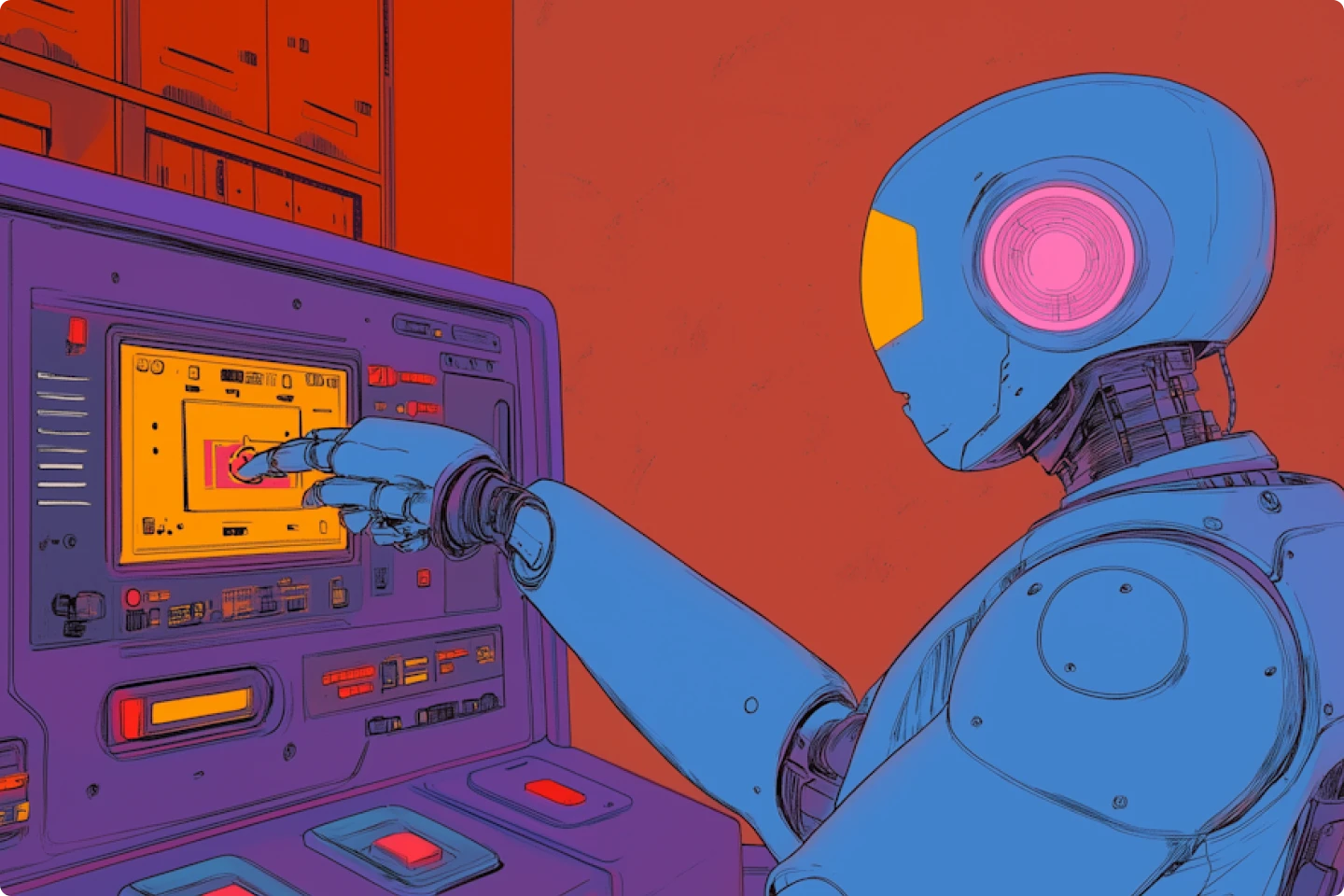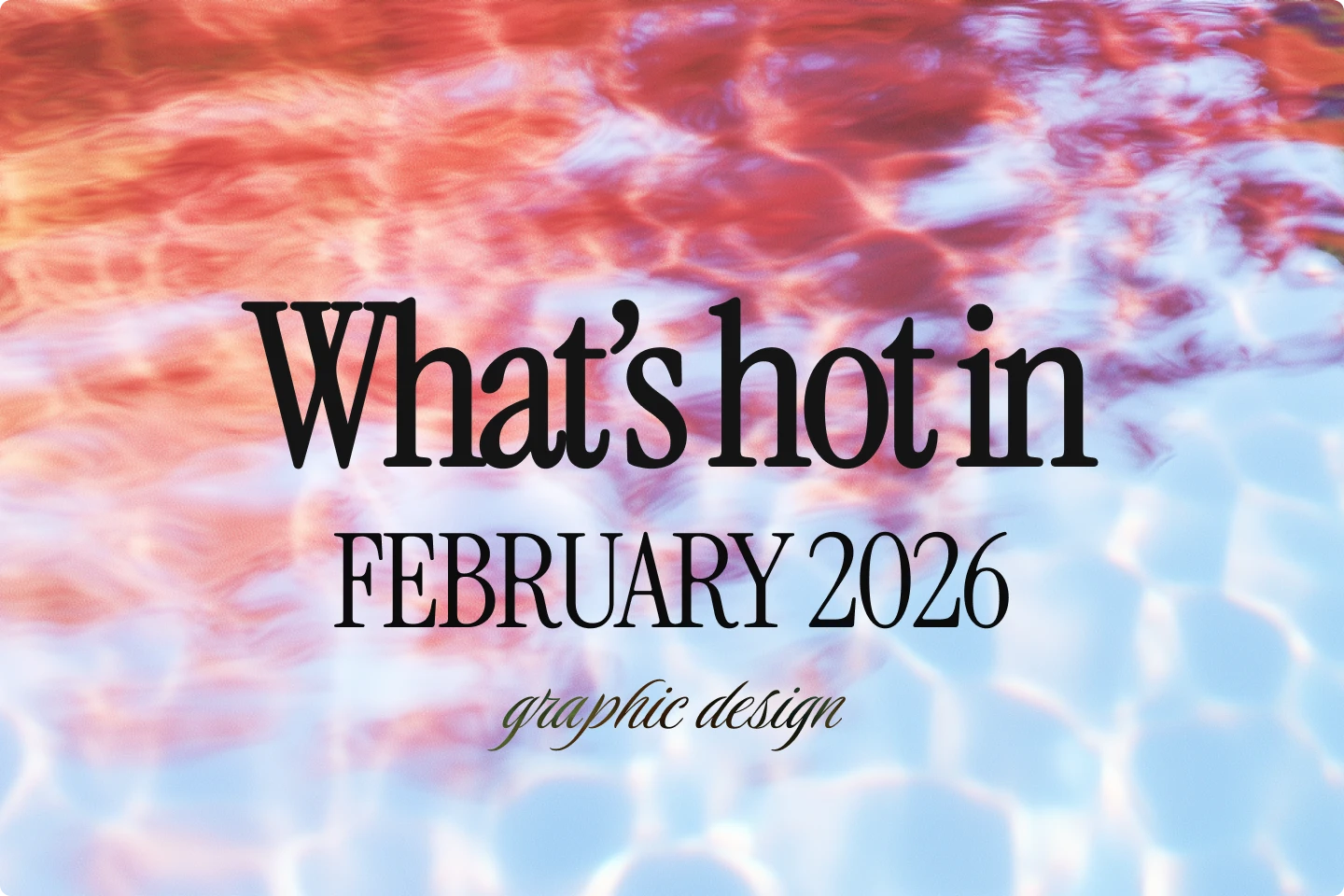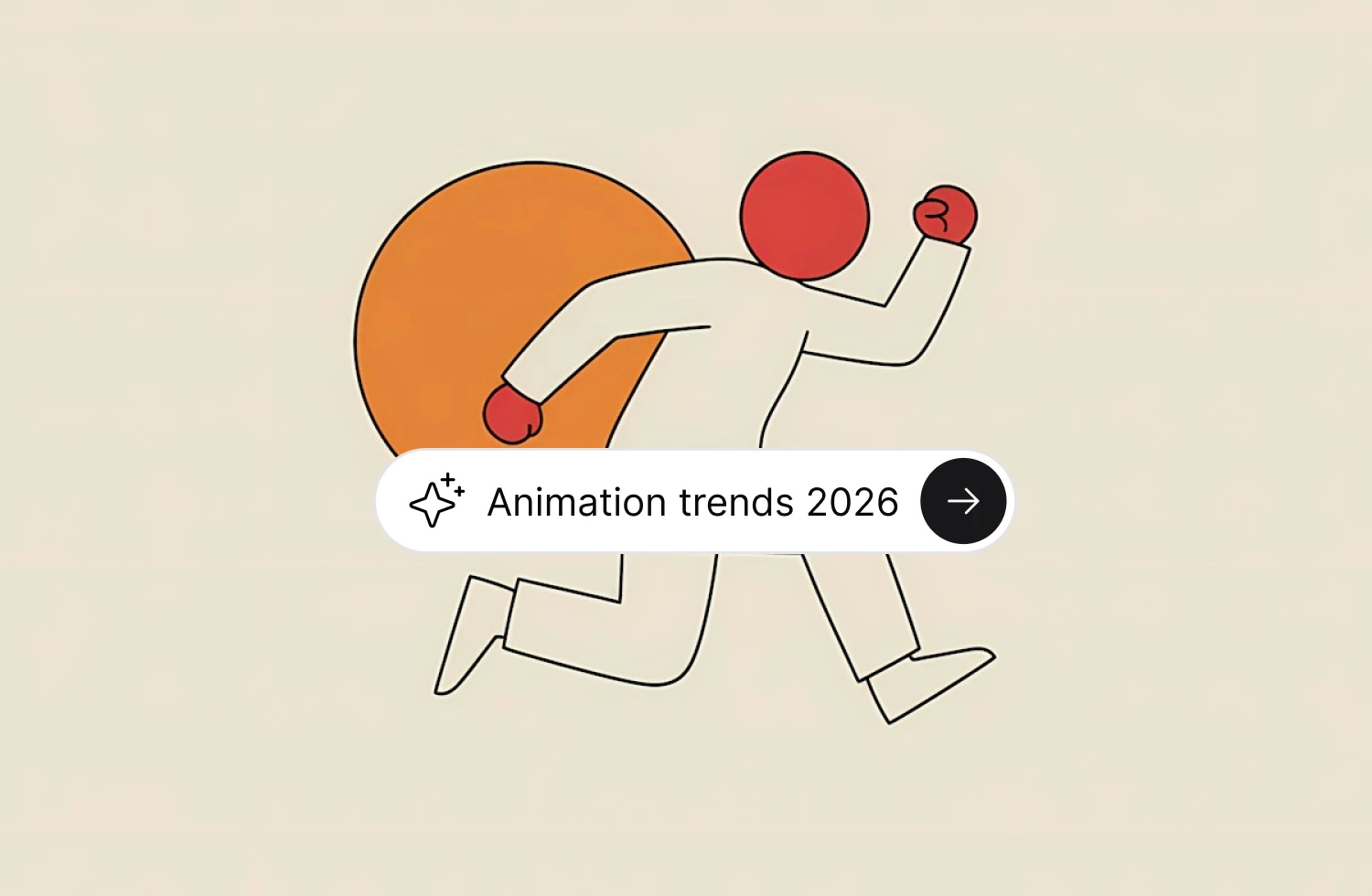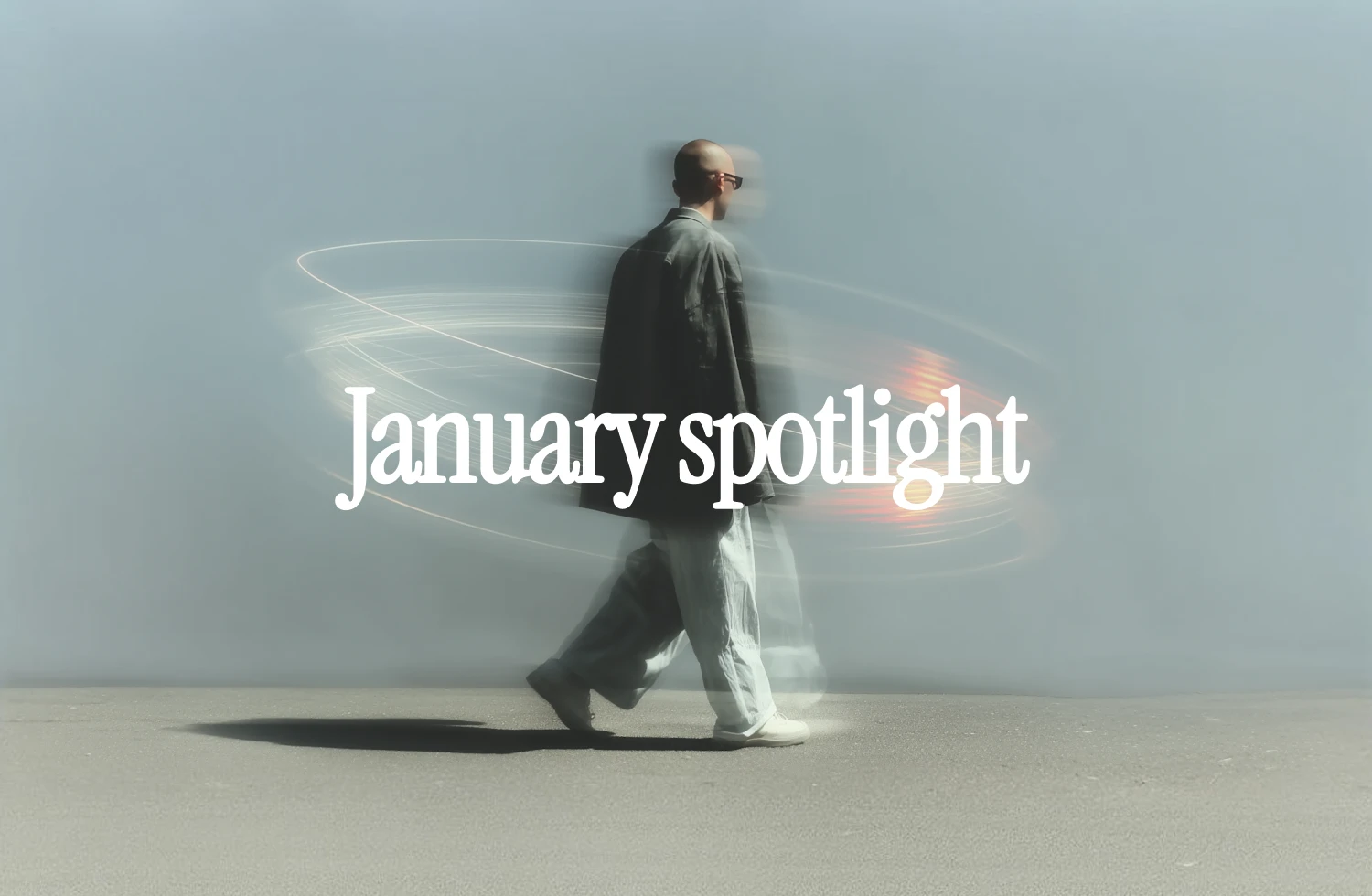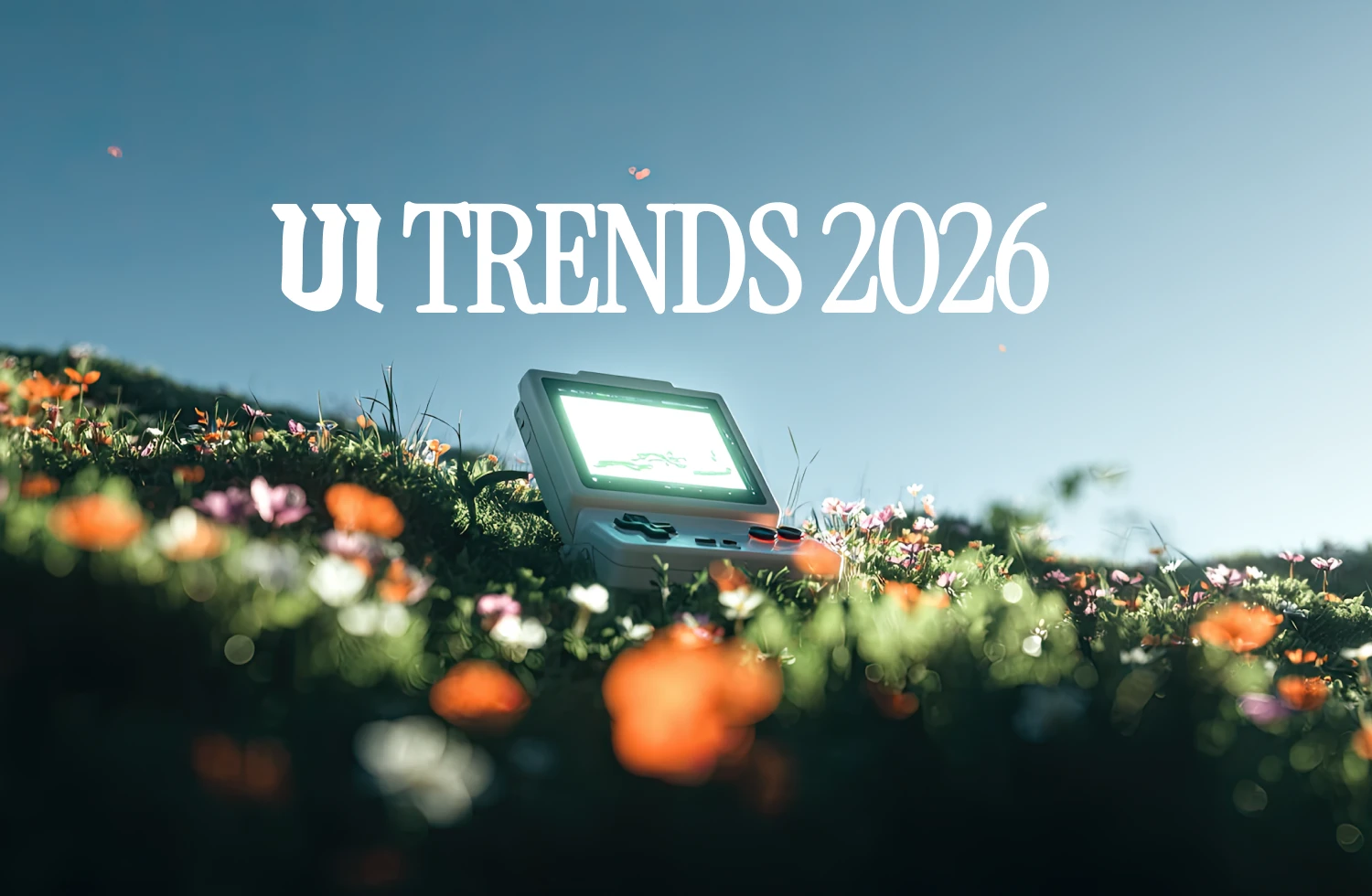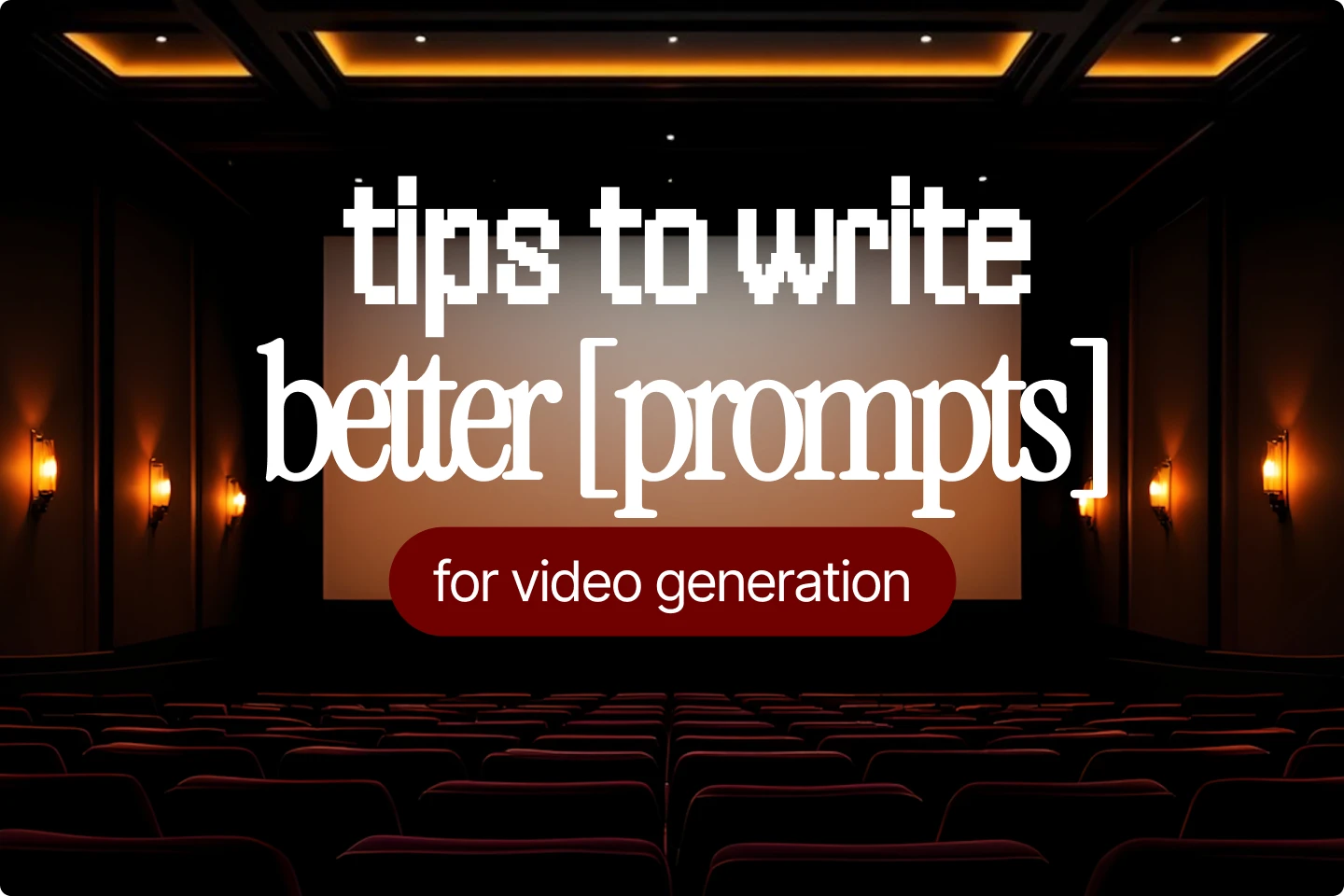Testing the 5 best AI music generators in 2025

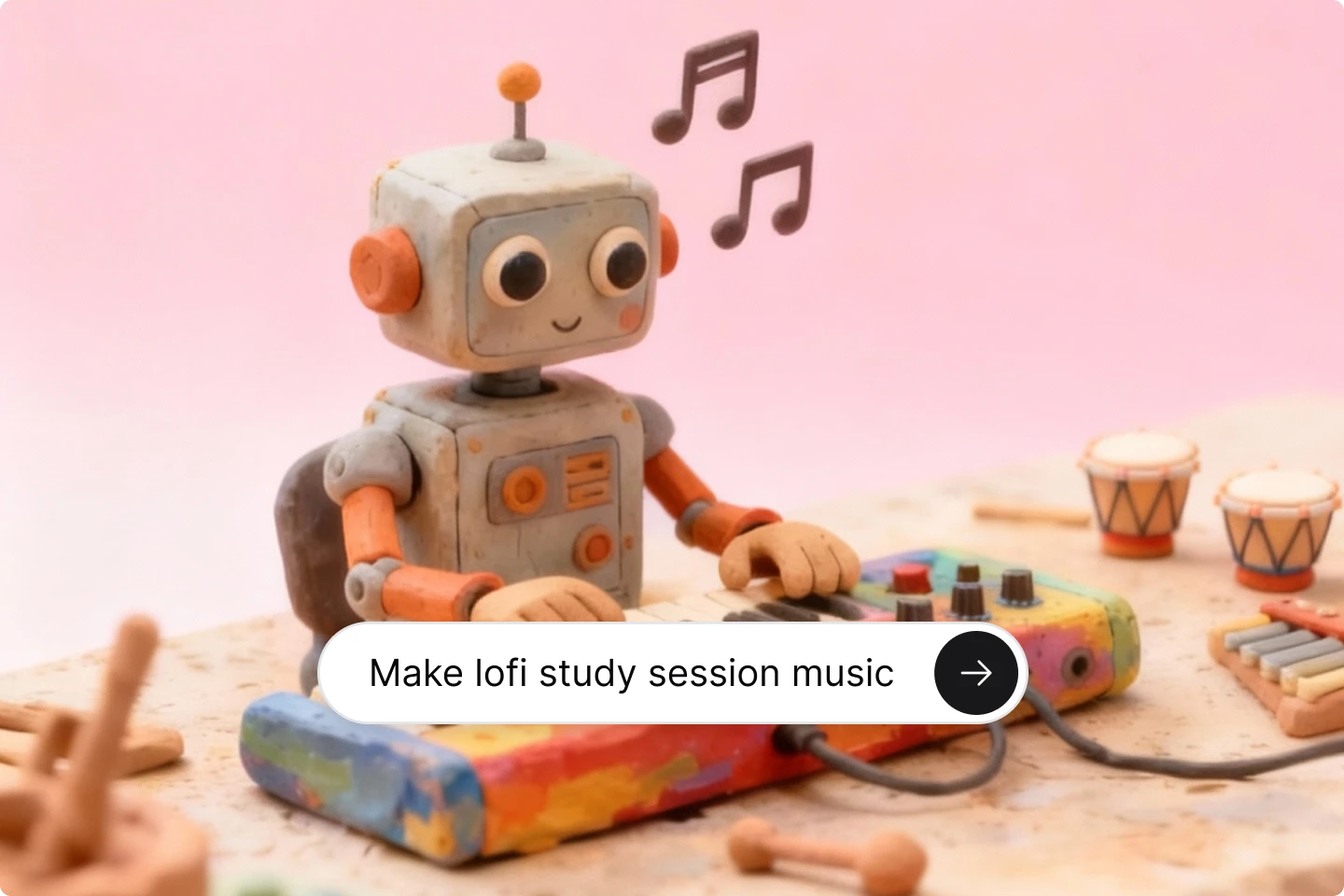
Several powerful AI music generators are available, with the "best" choice depending on your specific needs, such as creating full songs, background tracks, or high-fidelity instrumentals.
Whether you’re vibe marketing, creating a social media post, or simply trying to add the right mood to your content, music and sound effects set the tone in ways visuals alone sometimes can’t.
But as any creative knows, finding the perfect track can be a frustrating, time-consuming task. You dig through stock libraries, tweak loops endlessly, or even try making it from scratch, only to end up with something that doesn’t quite fit.
That is where the new wave of AI music generators comes in. These platforms act as powerful creative companions, letting you create original tracks and audio effects in minutes instead of weeks. By blending learned music theory with your prompts, they deliver custom compositions and sounds that feel polished, professional, and ready to use.
These tools aren’t just toys for tech-savvy producers. Many of the best AI music generators are beginner-friendly, lightning fast, and designed to slot directly into your workflow. Whether you want a lo-fi beat for background content, an epic cinematic score for your trailer, or even AI sound effects for a podcast, there is a tool that can help.
What is an AI music generator?
An AI music generator is software that uses artificial intelligence to create or remix music based on your inputs. These tools are trained on massive libraries of compositions, learning patterns in melody, harmony, rhythm, and instrumentation. Once trained, they can produce completely new pieces of music that feel natural and cohesive.
Depending on the platform, you might enter a text prompt like “dreamy synthwave with heavy bass,” upload a vocal line, or select parameters such as tempo and genre.
The AI then builds a composition tailored to your request. Some even include AI that adds sound effects to video, making them versatile for all different types of content creators.
How do AI music generators work?
Most AI sound generators rely on advanced neural networks that learn how music is structured. These models are trained on vast datasets of songs across multiple genres and styles. They analyze elements like chord progressions, rhythms, melodies, and instrumentation.
For example, if you ask for a jazz-inspired track with piano and saxophone, the system knows how these instruments interact in real recordings. It then composes something new that carries those same qualities, while remaining unique.
Other tools focus on AI sound effects, helping you generate realistic audio cues like footsteps, ambient noise, or cinematic hits. Some even specialize in adaptive soundtracks that change in real time, perfect for gaming and interactive media.
What makes a good AI music generator?
Not all platforms are created equal. The best AI music generators combine technical quality with user-friendly features. When evaluating them, we looked at several key factors:
- Sound quality and realism: Does the music sound polished, professional, and ready to use?
- Range of styles and genres: Can you generate everything from EDM to classical?
- Customization: How much control do you have over tempo, mood, instruments, or lyrics?
- Licensing clarity: Is the music safe to use commercially?
- Ease of use: Can beginners pick it up quickly?
- Export options: Can you download stems, tracks, or project files to edit further?
- Integration with workflows: Does it play nicely with video editors, podcasts, or design tools?
A strong generator doesn’t just create random tracks. It understands what makes music work emotionally, rhythmically, and stylistically, while giving you results fast.
How we chose the best AI music generators of 2025
We tested a wide range of tools that fall under the umbrella of AI sound generators. Each one was evaluated not only for sound quality, but also for accessibility, export flexibility, and creative value.
The following list highlights platforms that stood out the most. Some are designed for quick content creation, others for professional-level composing. Together, they represent the state of the art in 2025.
1. Suno AI
Suno AI is one of the most talked-about platforms in the AI music scene, and for good reason. It specializes in turning text prompts into full songs, complete with vocals, lyrics, and instrumentals.
With Suno, you can simply type a phrase like “upbeat indie rock about chasing dreams” and within minutes you’ll have a radio-ready track. The results are shockingly polished, and the AI-generated vocals are among the most realistic available today.
Why we like it
Suno excels at complete song generation. Unlike many competitors, it doesn’t stop at instrumentals. It produces lyrics, melody, and harmonies that sound like they could be on Spotify. It’s perfect for musicians looking to spark inspiration or creators who need instant soundtrack options.
Where it could improve
While impressive, Suno can sometimes feel like a black box. Advanced producers may want more granular control over mixing and stems.
2. Udio
Udio is gaining attention for its slick interface and strong community of creators. It allows you to generate original tracks across multiple genres, from ambient background music to hard-hitting electronic beats.
One standout feature is its iterative workflow. You can refine and regenerate sections until the track matches your vision.
Why we like it
Udio strikes a balance between quality and control. The music sounds great out of the box, but you can also dig deeper if you want to shape the sound further. It’s also beginner-friendly, making it ideal for newcomers exploring what is the best AI music generator for them.
Where it could improve
While flexible, Udio currently focuses more on instrumental tracks. Adding advanced vocal options would push it into the top tier.
3. Eleven Music (by ElevenLabs)
Known for its cutting-edge AI voice technology, ElevenLabs has expanded into music with Eleven Music. The platform brings the same high level of vocal realism to full tracks.
With Eleven Music, you can generate custom songs where both the instrumental and the vocals sound convincingly human. This makes it particularly appealing for ads, short films, or creators who want authentic-sounding vocalists without hiring session musicians.
Why we like it
The vocal synthesis is the best in the industry. It’s a true game-changer for those who want complete, production-ready songs. Combined with strong backing instrumentals, it delivers songs that sound fully produced.
Where it could improve
As a newer tool, the range of genres is still expanding. Some niche styles may not sound as polished yet.
4. Beatoven.ai
Beatoven.ai focuses on adaptive background music. Instead of simply generating full songs, it lets you create tracks that align with your content’s mood and length. By choosing from genres and emotional tones, you can produce soundtracks that evolve naturally with your video or podcast.
The platform is especially useful for content creators who need music that feels like it was scored to their project. You can cut, trim, and adjust segments so the track flows with the pacing of your visuals or dialogue.
Why we like it
Beatoven is designed with storytellers in mind. Its ability to sync music with narrative flow makes it one of the best AI music generators for filmmakers, podcasters, and marketers.
Where it could improve
While excellent for background scoring, Beatovenis less suited for creating stand-alone songs or tracks with vocals. If you’re searching for full-scale pop or rock production, other tools may serve you better.
5. Aiva
Aiva is one of the oldest players in AI composition and is especially respected in classical and cinematic music. It has been used by professional composers, filmmakers, and even game studios to generate orchestral scores.
Why we like it
The music Aiva produces is stunningly cinematic. It’s excellent for dramatic film scores, emotional storytelling, or game soundtracks that need sweeping orchestration.
Where it could improve
Aiva isn’t the best fit if you’re looking for modern pop or EDM. Its strength lies in classical and orchestral genres.
Choose the right AI music generator for your next project
As AI continues to evolve, music tools and AI sound effect generators are becoming more collaborative, intuitive, and exciting. Whether you want to write a full pop song with vocals, generate sound effects for a video, or create a cinematic score, there is a platform ready to help.
The best AI music generator for you depends on your goals. Do you need quick background music for content, or do you want to compose something that feels truly original? Either way, these platforms let you experiment, save time, and expand your creative horizons.
So if you’ve ever wondered what is the best AI music generator for your work, now is the perfect moment to try one of these tools and see where your creativity takes you. And, if you want to have a heads up on where creativity and design is headed, make sure to read up on 2026 design trends.
How to prepare for the dark future of design
